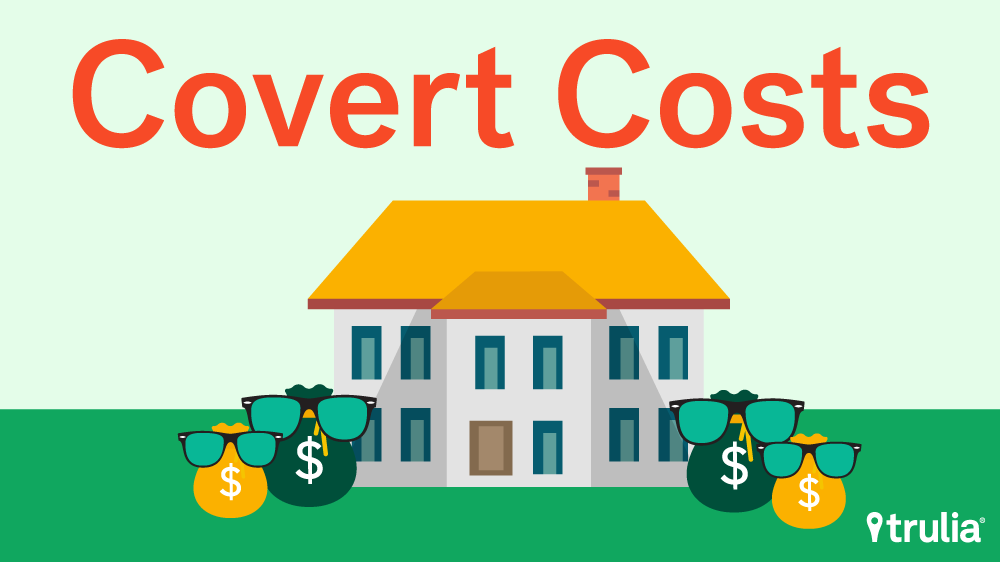As you are reading over the final housing contracts and reworking the numbers in your head, you are just steps away from becoming a new homeowner. It’s normal to be eager about this life decision, but you also know budgeting is crucial. Most will lay out excel spreadsheets, detailing newly acquired closing costs, potential monthly mortgage costs, homeowner’s insurance options, etc. Aside from budgeting the numbers in these contracts, a new homebuyer must think of several hidden costs associated, and utilities are a covert cost that shouldn’t be pushed aside.
Sure, you have probably dealt with utility bills for as long as you can remember; after all, it wouldn’t be ideal to live without the factors encompassing a utility bill including electricity, heat, sewer, and water. However, depending on the area you are moving to, utility costs can have a major impact on the housing affordability and is especially true in less expensive areas.
In fact, utility bills can represent nearly half of a household’s monthly housing costs in certain areas. Detroit’s utility costs, for example, are a large portion of a resident’s monthly budget, and while the actual cost might be less than bills California residents see, their budgeting proportion is significant. A resident in Detroit spends $277.88 on a monthly mortgage payment while spending $227.29 per month on a utility payment.
Utility Score found that nationally, people in single family homes spend roughly $2,716 annually on utilities ($226 per month), which equates to $1.68 on a square foot basis. This comes out to 1.4 percent of a median, single-family home value. There is a common misconception that weather drives utility costs, meaning metros on the east coast with harsher winters will end up paying more in utilities. However, the numbers may tell a different story. Let’s take a look at three east coast cities infamous for their nippy winter weather.
If you’re moving to Boston, you’ve already been warned about the bitter winters, yet these don’t necessarily mean your utility bill will skyrocket. A single-family home in Boston with a median of 1,808 square feet is valued at $412,946.00. Additionally, a family will spend on average $3,774.00 per year on utilities, which equates to .91 percent of a median, single-family home value. Although utilities might be particularly high, the ratio of utilities to total home value is far below the national average.
A single-family home in Washington DC has a median square footage of 1,820 square feet and is valued at $379,228. A resident moving this metro area should expect to pay $2,928 annually on utilities which is .77 percent of the total home value. Utility scores in for New York residents follow a similar pattern to DC. New York City home prices average at $384,255 with a median square footage of 1,844 square feet. A resident in New York City will spend $2,961 per year on utilities; overall, .77 percent of their home value is credited to utilities.
Comparing the utility prices of New York and Washington DC to various west coast metros with a milder climate further disprove the relationship between weather and utility costs. Cities like Oakland, San Diego, San Jose, and San Francisco spend a substantial amount more on utilities annually. Additionally, the ratio a resident in New York and Washington DC is spending on utilities, compared to total home value, is lower than the national average.
In total, urban metros where home prices tend to be higher- like Boston, New York, and DC– are less concerned with their utility costs since it is a smaller proportion of the total home value. Coastal regions also look more affordable when considering home values. Other factors of utility costs can stem from the metro area’s service providers, which is something a new home buyer should consider.
When moving, be sure to check out our tips for switching over utilities to for a seamless guide to making the transition.
This article was brought to you by Katie Bassett from Trulia.







